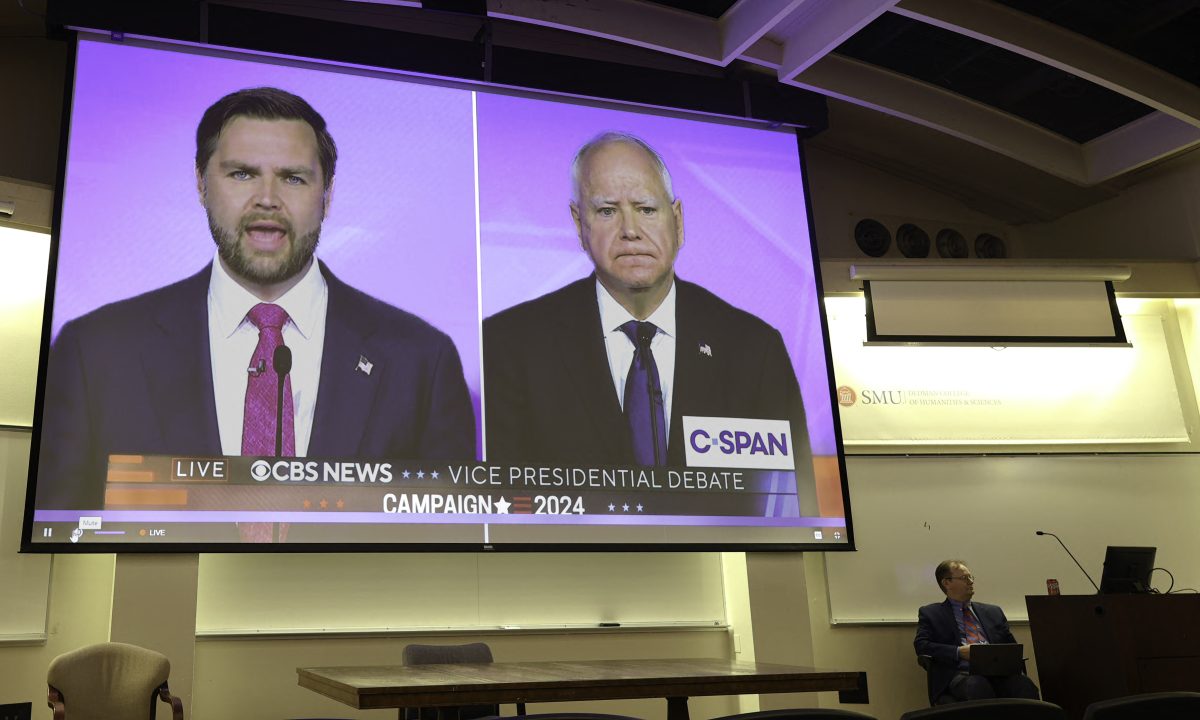CORRECTION: The article titled “Questions on filing taxes answered” in the Thursday, Feb. 25, 2010 edition was not written by Taylor Adams, but by Aileen Garcia. Michelle Goldstein is with the Goldstein Financial Future, not Goldstein Financial Group, LLC.
When filing taxes, students are eligible for the Hope Tax credit or the Lifetime Learning Tax credit based on personal criteria.
The Hope Credit is offered for the first two years of a student’s college education, and the Lifetime Learning credit is for junior year and continuing education.
Students need to encourage their parents to file their taxes on time, because it offers them the advantage of receiving financial aid and scholarships from their university, according to Michelle Goldstein from Goldstein Financial Group, LLC.
“Students and families that earn an income not exceeding $55,000 are eligible for free tax preparation at any public library. The tax preparations are being prepared by IRS agents, anyone who fits the criteria should take advantage of this opportunity,” Goldstein said.
Students and their parents should make a joint decision whether they will file their taxes independently or dependently because each individual’s situation has different ramifications.
If a student’s, or family’s, annual income exceeds $55,000 they should try to avoid filing their taxes at an H&R Block or Jackson Hewitt because the individuals who prepare the income taxes may or may not be CPA certified, according to Goldstein.
During the tax season, many people worry about getting audited.
However, it is nothing to stress over. If it was an honest mistake, the IRS tends to be forgiving without imposing a penalty.
“Intentional errors and attempting to defraud the IRS carries with it penalties and interests,” Goldstein said. “A new law was passed in 2010 that all tax preparers have to go through continuing education and meet basic standards, so I think that going forward now the tax errors are going to decrease.”
Something that could also cause concern is that income tax audits can occur three years after the original filing date.
Another matter of importance was that students should save their receipts to keep on file.
Reimbursements for tax credits include textbooks, job searching expenses, donations and fundraisers.
Goldstein also commented on tax information for international students.
“International students need to file their taxes in the country that they reside with their parents,” Goldstein said.
The biggest concern for most students related to their income taxes is their FASFA application and how many scholarships and grants they will receive for the upcoming school year.
The biggest take away in financial aid is that most students forget about it after freshman year, according to Goldstein.
“Students don’t realize that there are so many grants available after freshman year and they just need to spend the time to conduct their research,” she said.
“For students who have changes in circumstances, either the death of a parent or the loss of a parent’s job, all those financial hardships can change a student’s financial aid package,” Goldstein said.
“There is money available for changes in circumstances, don’t despair contact the financial aid department,” she said.
In today’s technologically savvy world, students are more comfortable with the day-to-day use of computers and Internet.
Online filing is an easy alternative to pushing papers. There are many free filing services, so you should never pay to file online.
For more information about filing your taxes, visit www.irs.gov.








